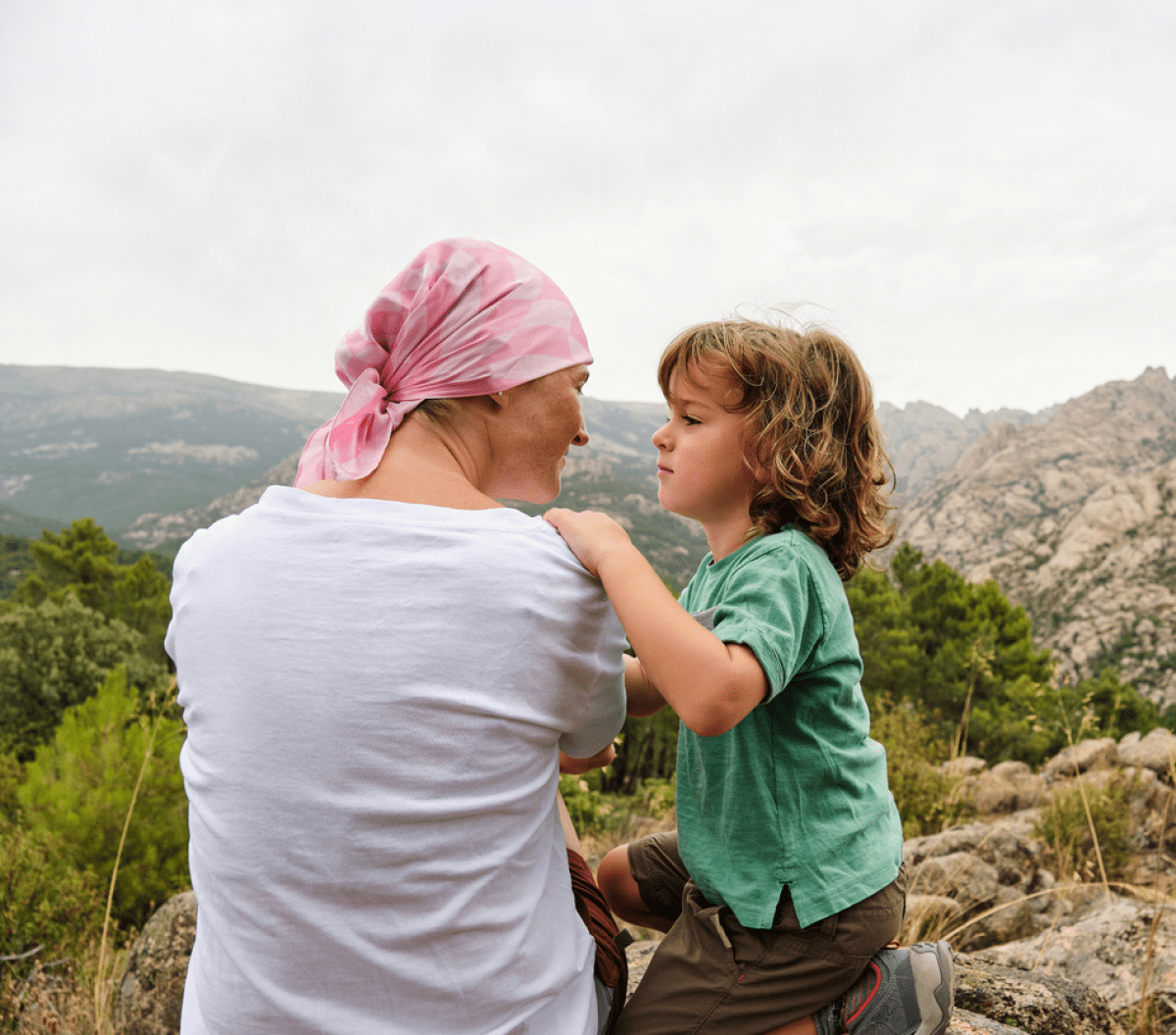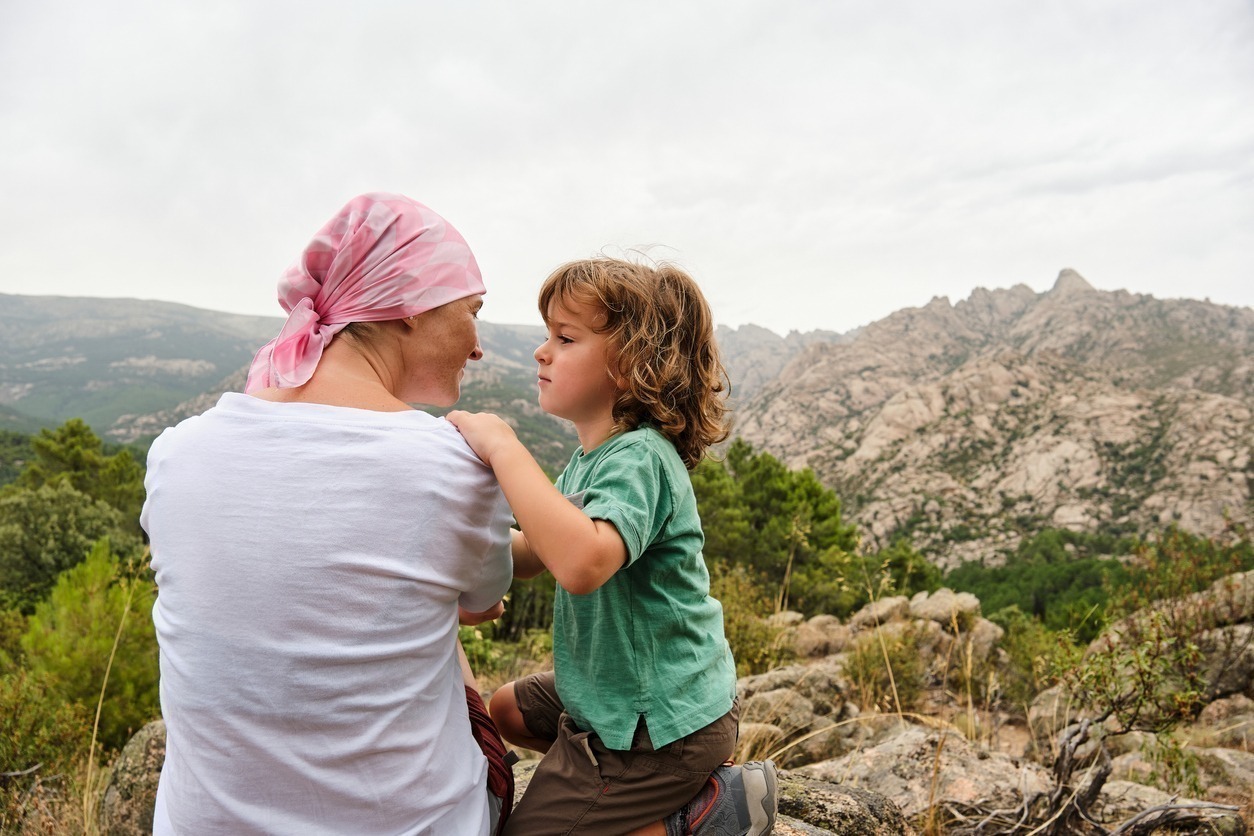According to the National Cancer Institute, in 2019, the total patient economic burden associated with cancer care was $21.09 billion.
Type |
Cost |
|---|---|
Bladder Cancer |
$9.4 billion |
Breast Cancer |
$29.8 billion |
Hodgkin Lymphoma |
$3.5 billion |
Leukemia |
$13.6 billion |
Ovary Cancer |
$6.4 billion |
Thyroid Cancer |
$6.1 billion |
*All costs are from the National Cancer Institute.


High cancer treatment costs can be daunting. While it may sound simplistic, the answer to this question from Cancer Community Support is, “You just have to reach out and ask for help.” The many potential resources available may surprise you.
This very comprehensive list of external resources includes many organizations and nonprofits that can be searched by multiple topics to find financial help, research, nutrition support, and so much more.
Many people find help with accessing their community via online fundraising. You can also ask your doctor to connect you with a social worker or financial navigator. Each person’s journey is unique, but there is help to be found.
According to WebMD “The expenses you face depend a lot on the kind of chemo you get and your health insurance plan.” There are many types of chemo, and it may be combined with other cancer treatments like surgery or radiation. Understanding your treatment plan will be your first step in answering this question. Ask about the costs upfront so you’ll know what to expect. The next step will be doing your best to understand your insurance. Your insurance may be able to assign you to a case manager to help you navigate through the process.
You’ll need to consider many indirect out-of-pocket costs, such as childcare, travel to and from treatments, and possible overnight lodging. Dietary changes could affect your food budget. Missing work can result in lost wages or even job loss.
The costs of cancer treatments continue to grow at an ever-increasing rate. According to MayoClinicProceedings, “In the United States, the average price of cancer drugs for about a year of therapy increased from $5,000 to $10,000 before 2000 to more than $100,000 by 2012, while the average household income has decreased by about 8% in the past decade.”
Time suggests considering crowdfunding to help pay for expenses incurred during cancer treatment. Crowdfunding for medical care is a popular tool and can be “an excellent show of support to that particular person through that person’s network,” says Alan Klein, chief development officer of the HealthWell Foundation.
While asking for help may be difficult, many cancer patients find surprise and relief in learning that their community of friends are more than willing to help and are even glad to be asked. Crowdfunding allows your family and friends to share your story with their friends and acquaintances to appeal to the kind and generous nature of those who are able to help.